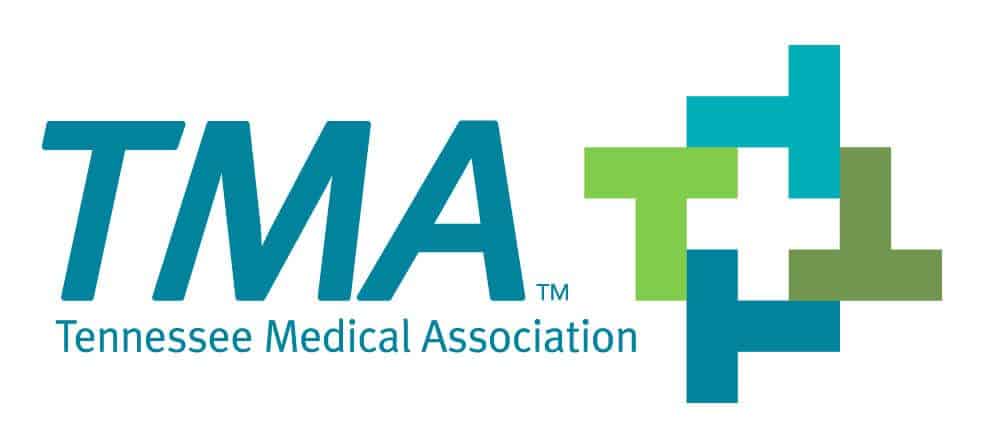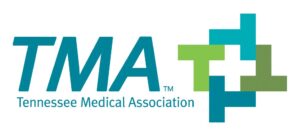
Third Extraordinary Session of the 112th TN General Assembly – COVID-19 Restrictions
For only the third time in state history, the Tennessee General Assembly called itself into a special session last Wednesday to counter a wide range of COVID-19 restrictions imposed by private businesses, including mask requirements and vaccine mandates.
With over 80 bills filed in just two days, lawmakers worked early into Saturday morning to negotiate proposed language before consolidating all COVID-related measures into one large omnibus package. By the time the final vote was taken at 1:15 a.m., SB9014/HB9077 had been heavily amended to minimally impact private employers and the healthcare industry.
What began as an effort to block all mask or vaccine mandates was ultimately diluted to apply only to government entities and public schools. Under the new law, these entities are prohibited from requiring COVID-19 vaccination under any circumstance and may only require masks if the county maintains a rolling average 14-day COVID-19 infection rate of at least 1,000 per 100,000 residents. The law establishes a new process for LEAs to issue face covering mandates.
As written, private businesses (including physician practices), federal contractors and employers, airport authorities, health care providers enrolled in Medicare and Medicaid, long term care facilities, and nursing homes are all excluded under the legislation and may continue to require COVID-19 vaccination as a condition of employment. Notably, these entities are prohibited from requiring proof of vaccination if a person objects, but are still permitted to require proof of a negative test or COVID-19 antibodies. Additionally, individuals who leave employment due to their refusal to receive a COVID-19 vaccine will now be eligible for unemployment benefits.
The bill also establishes a pathway for businesses reliant on federal money to apply for a state exemption waiver. The ‘catch all’ provision states that private businesses or government entities may petition the state comptroller of the treasury for relief if compliance with the new law will result in a loss of federal funding. TMA and The Memphis Medical Society (MMS) believe that due to a drafting error, medical practices can avail themselves of this process to obtain an exemption from the provisions of this law if complying with this law would cause a health care provider or medical practice to lose federal funds, (i.e., Medicare or TennCare payments).
TMA was successful in lobbying to limit changes made to the mature minor doctrine but was not successful in lowering the age applicability from 18 to16. The new law requires written parental consent for children under the age of 18 to receive a COVID-19 vaccine. There are exemptions for emancipated minors, minors the provider feels may be abused, and high school minors who have enlisted in the US military.
Attempts to reprimand the Board of Medical Examiners were stymied thanks to an amendment sponsored by Sen. Rusty Crowe, R-Johnson City. The final version of the legislation states that healthcare providers shall exercise independent professional judgment in determining whether to prescribe, offer, or administer monoclonal antibodies for treatment against COVID-19.
Other measures not directly related to medicine include modifications to the state’s six independent county health boards which govern the most populous cities. County health directors will no longer have the authority to issue their own preventative health orders during a pandemic. Instead, the Commissioner of Health will have sole authority to determine quarantine guidelines for businesses and schools. The legislature also slightly trimmed how long a state of emergency could stay in place under a governor’s executive order—from 60 days to 45 days.






